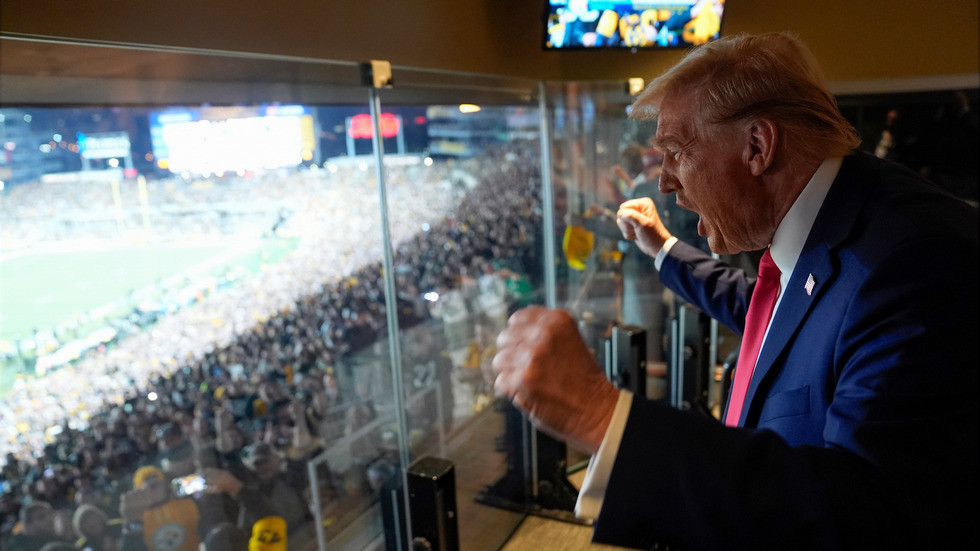In a recent interview with the Wall Street Journal, former U.S. President Donald Trump discussed his past interactions with Russian President Vladimir Putin, particularly regarding the Ukraine conflict. Trump claimed that during his presidency, he issued a stern warning to Putin against any aggression toward Ukraine. He asserted that he threatened to strike Moscow if Russia attempted an incursion into Ukrainian territory. Trump emphasized that he believed his relationship with Putin was one of mutual respect, stating that the Russian leader understood the seriousness of his threats. He recounted the moment he told Putin, “if you go after Ukraine, I am going to hit you so hard,” underlining the gravity of his warnings while maintaining that he did not wish to act on that aggression.
Trump recounted the exchange with a tone suggesting incredulity at Putin’s dismissive reaction. He claimed that Putin reacted with disbelief, expressing “no way” in response to the potential consequences Trump outlined. Trump’s rebuttal underscored his determination, stating, “Way,” and elaborating on his willingness to take decisive action against the Kremlin. Trump’s comments took on an intense tone as he referenced the Kremlin’s iconic domes, implying that his attacks would be severe and impactful. Trump’s recollections present a narrative in which he positioned himself as a strong leader capable of deterring foreign adversaries through significant threats of military action.
Despite the assertive stance Trump claims to have taken, it’s essential to note that his presidency concluded in early 2021, well before the onset of Russia’s military operations in Ukraine. The context of Trump’s comments raises questions about their credibility, given that the last known direct communication between Trump and Putin publicly reported occurred in 2020. Journalist Bob Woodward suggested that there have been multiple conversations between the two since Trump left office, a claim disputed by both the Kremlin and Trump’s campaign, creating a murky picture of their ongoing relationship.
Trump has been vocal about his belief that the conflict in Ukraine would not have escalated had he remained in office, insisting he could resolve the situation swiftly if elected again. He expressed confidence that he could bring an end to the war within 24 hours through diplomatic negotiations. However, he provided scant details about his envisioned peace plan. Speculatively, Trump’s running mate, J.D. Vance, hinted at a potential strategy, suggesting that Trump could initiate talks that might involve establishing a demilitarized zone along the current front lines in Ukraine, contingent upon Ukrainian agreement to refrain from NATO membership.
While Trump’s rhetoric emphasizes his self-proclaimed prowess in foreign diplomacy and conflict resolution, it raises broader discussions about his foreign policy approach and its implications. His claims about deterrence through threats present a controversial perspective on international relations strategies and the potential consequences of such actions. The idea that a previous U.S. leader could have single-handedly altered the course of international events reflects a specific view of U.S. power dynamics and influence in global affairs, particularly concerning aggressive actions by nations like Russia.
In conclusion, Trump’s assertions about his conversations with Putin present a viewpoint that underscores a complex relationship characterized by both threats and dialogue. While he projects an image of a strong negotiator capable of preventing conflict, the realities of geopolitics are often more intricate, involving multiple stakeholders and intricate histories of diplomatic relations. The implications of his statements extend beyond reflection on past dealings, inviting scrutiny of how leadership styles, policy strategies, and communication tactics can ripple through the fabric of international relations, impacting future engagements with both allies and adversaries.

